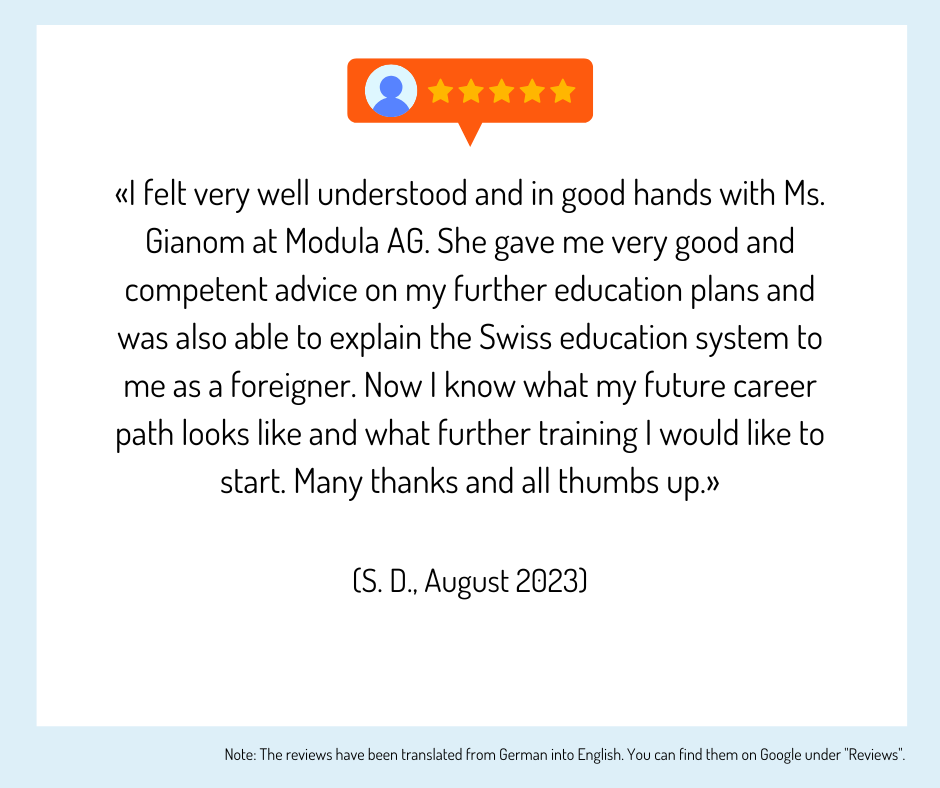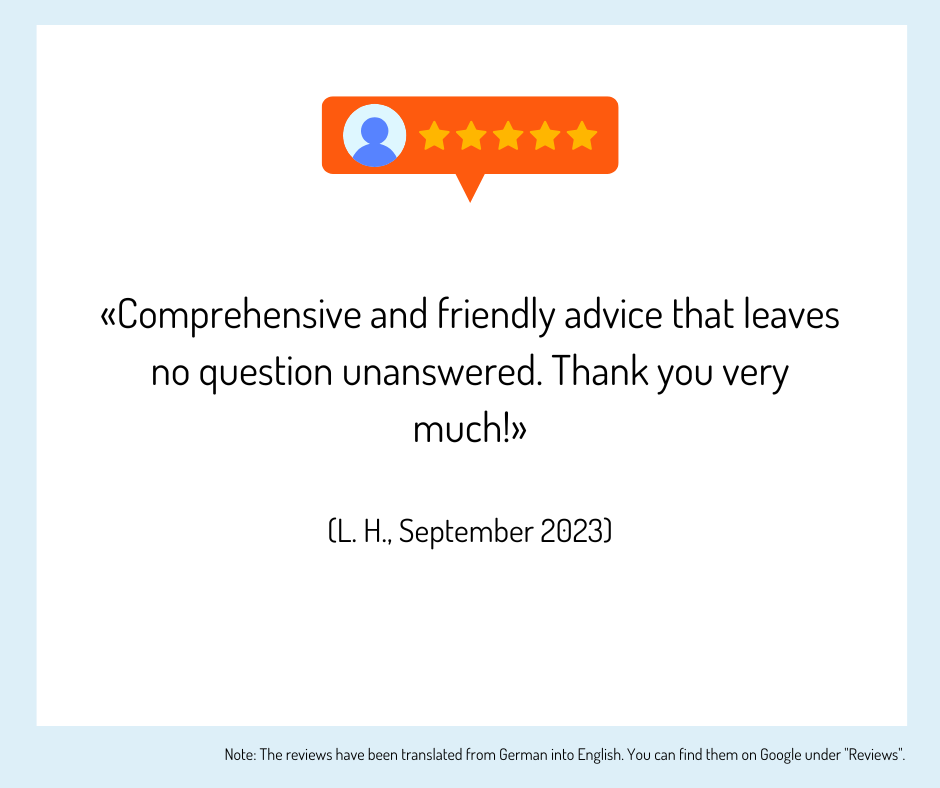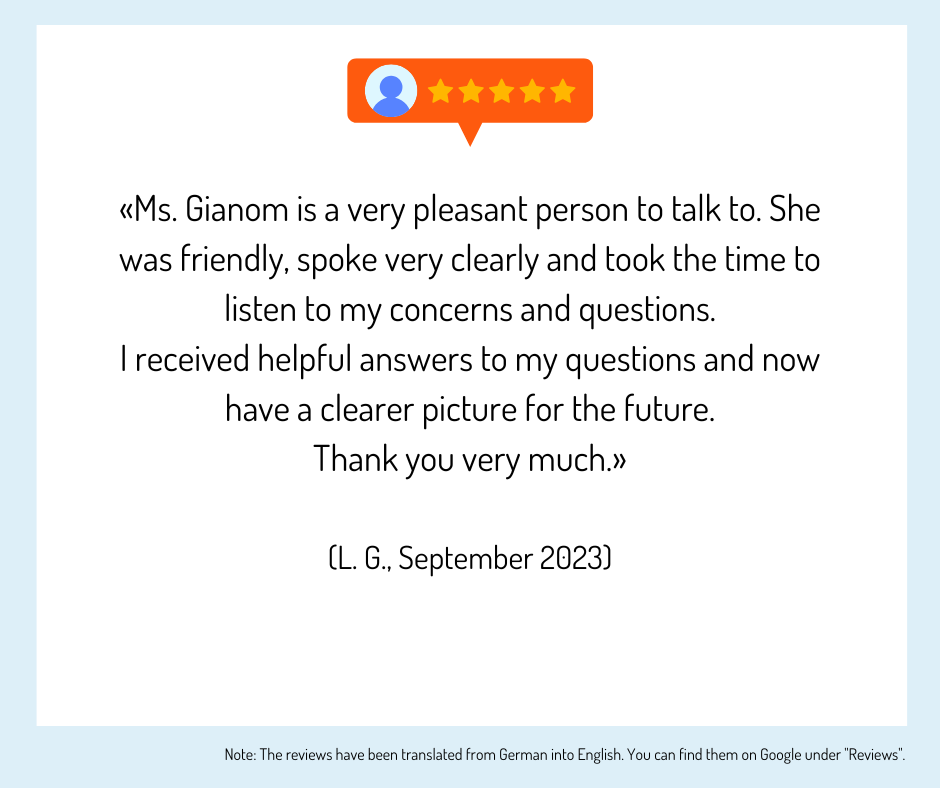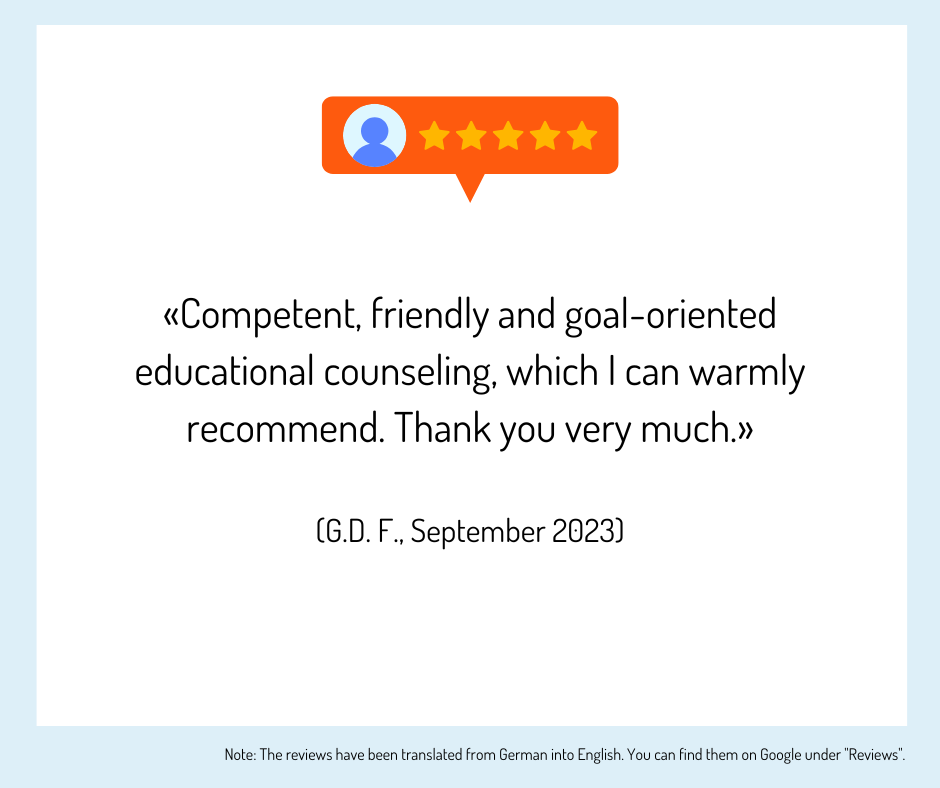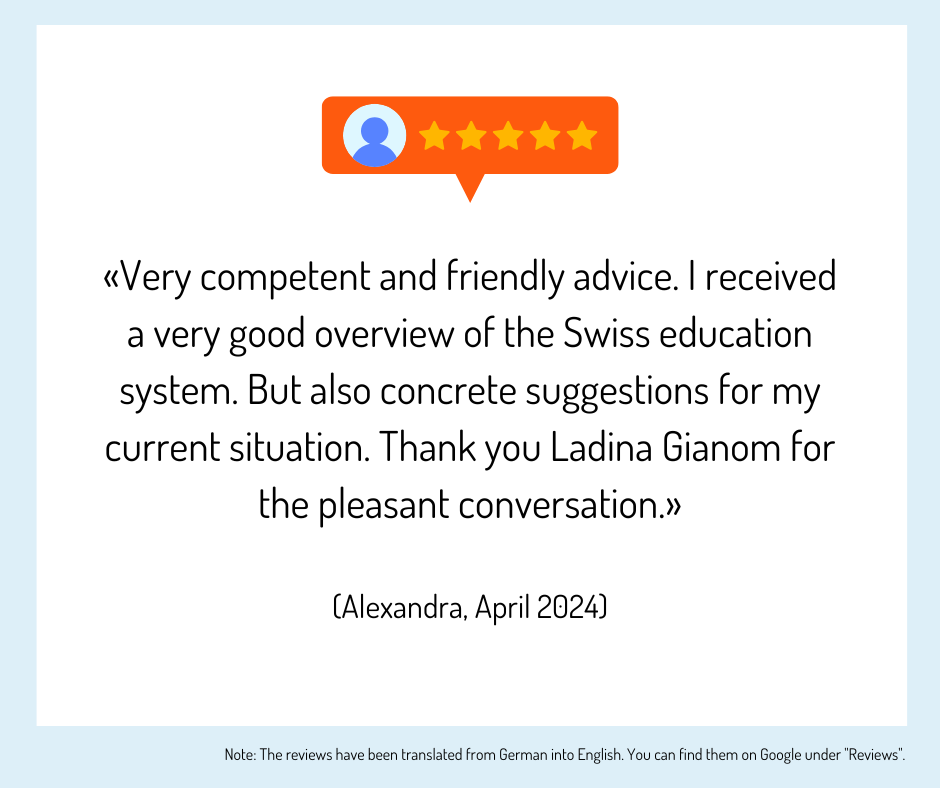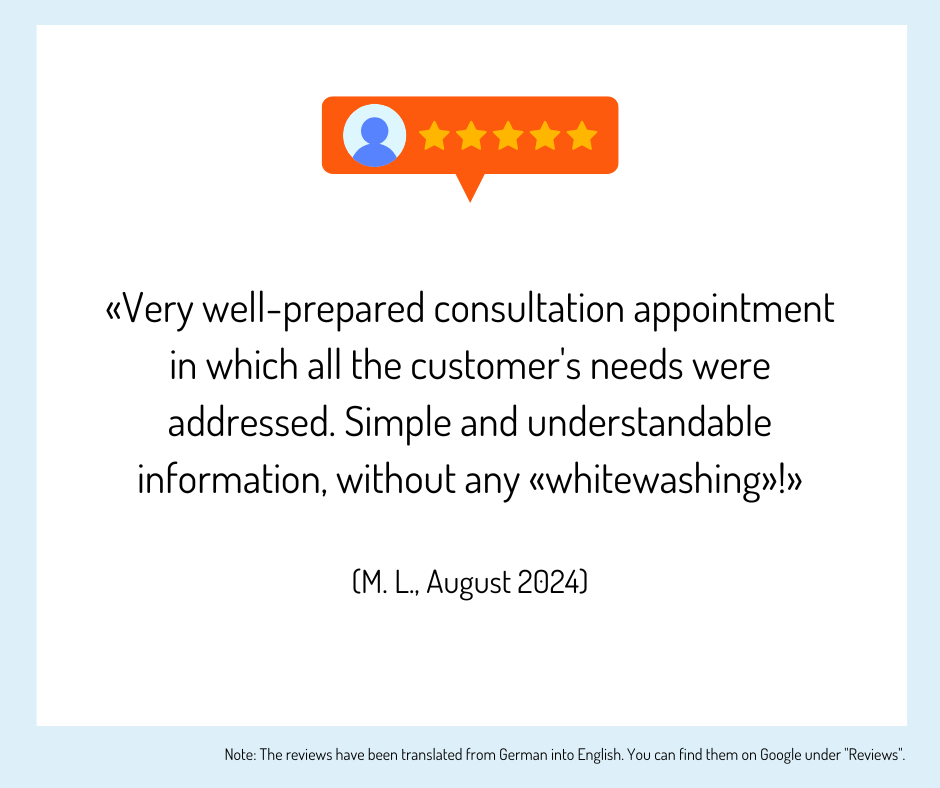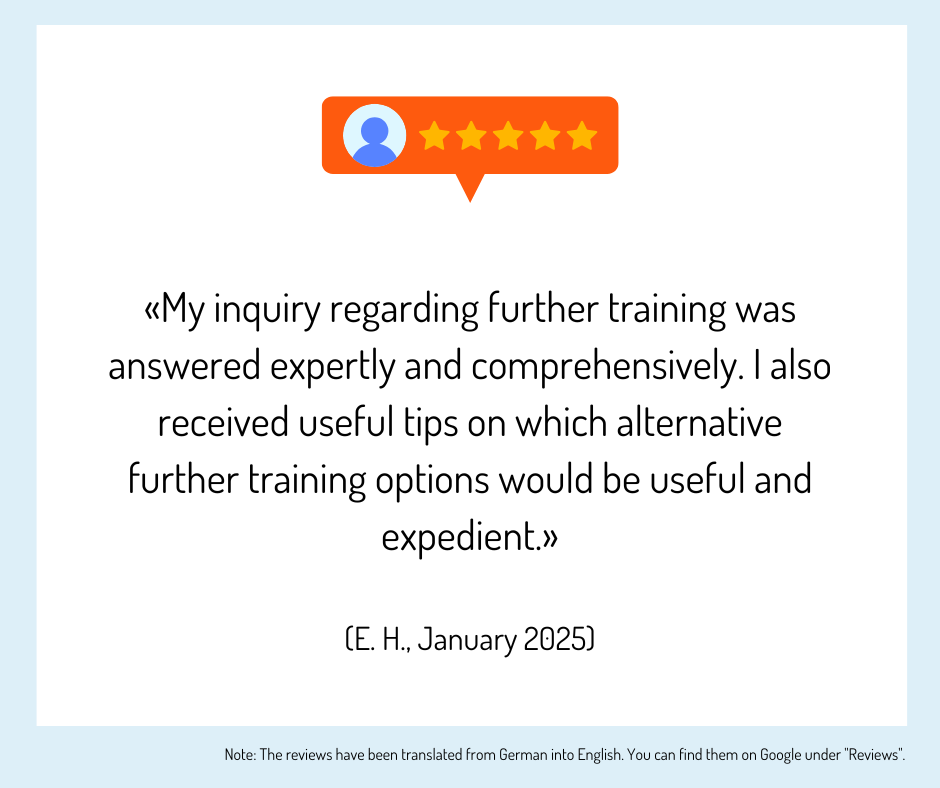Special needs education: providers, information, tips, answers to questions
Curative education - The somewhat different form of teaching
Questions and answers
In which areas can I work after graduating in Special Education?
With a Master's degree in Special Education, graduates are qualified to work in integrated special education in mainstream classes as an IS teacher, as an IF teacher for integrative support in mainstream classes, as a teacher in small classes, as well as in special education schools and centers.
What are the study areas of the Master's in Special Education?
The Master's degree program in Special Education provides sound knowledge in intervention, diagnostics, prevention and cooperation and focuses on five main areas of study: Individual diagnostics and systemic analysis, support and teaching, counseling and reflection, information and communication as well as cooperation and coordination.
What percentage can I continue to work during my Master's degree in Special Needs Education?
Prospective special education teachers are recommended to work a maximum of 50 percent of their time during the Master's degree course in special education in order to have sufficient time for the course, which includes both classroom teaching and e-learning, self-study as well as preparation and follow-up time.
Is it necessary to have experience in special education for the lateral entry program?
Professional experience in special needs education is not required for lateral entry into the degree program. This only needs to have taken place upon entry to the Master's degree program.
As a career changer in special education, do I need additional professional experience in this field?
In addition to your two years of professional experience in a related field (speech therapy, psychomotor therapy, social pedagogy, occupational therapy, educational science, special education, psychology), prospective students of the curative education course without a teaching diploma can take part in a study program "Quereinstieg Heilpädagogik (HQ)", which provides them with the necessary prior knowledge to take part in the Master's course. A distinction is made between lateral entrants with more than two years of regular school experience and those with less than two years of regular school experience. Both variants of the HQ course extend over an additional two semesters, i.e. one year.
Erfahrungen, Bewertungen und Meinungen zur Ausbildung / Weiterbildung
Haven't found the right training or further education yet? Benefit from educational advice now!
Further training is not only important in order to maintain or increase professional attractiveness, investing in training or further training is still the most efficient way to increase the chances of a pay rise.
The Swiss education system offers a wide range of individual training and further education opportunities - depending on your personal level of education, professional experience and educational goals.
Choosing the right educational offer is not easy for many prospective students.
Which training and further education is the right one for my path?
Our education advisory team will guide you through the "education jungle", providing specific input and relevant background information to help you choose the right offer.
Your advantages:
You will receive
- Suggestions for suitable courses, seminars or training programs based on the information you provide in the questionnaire
- An overview of the different levels and types of education
- Information about the Swiss education system
We offer our educational counseling in the following languages on request: French, Italian, English
Register now and concretize your training plans.
